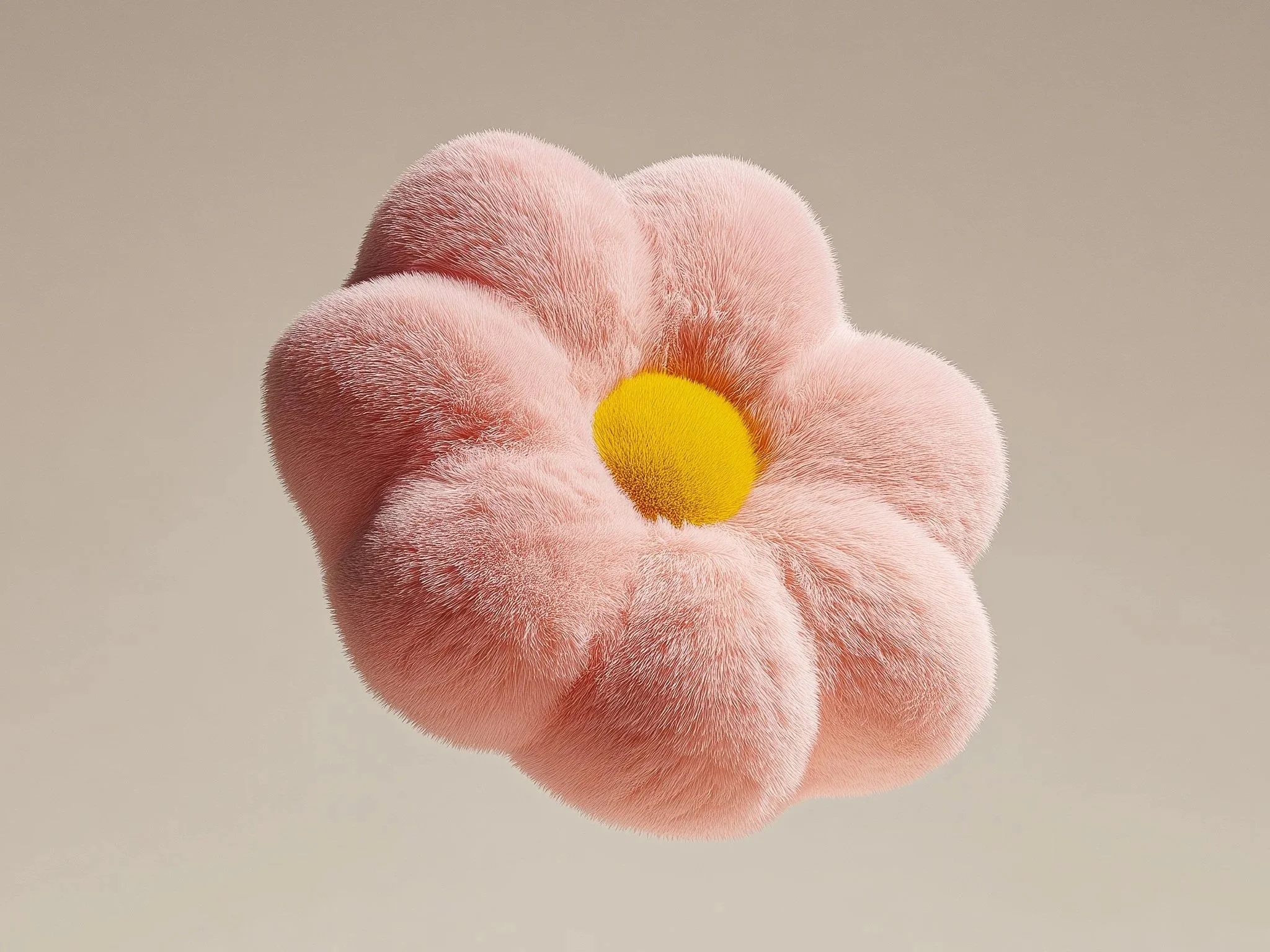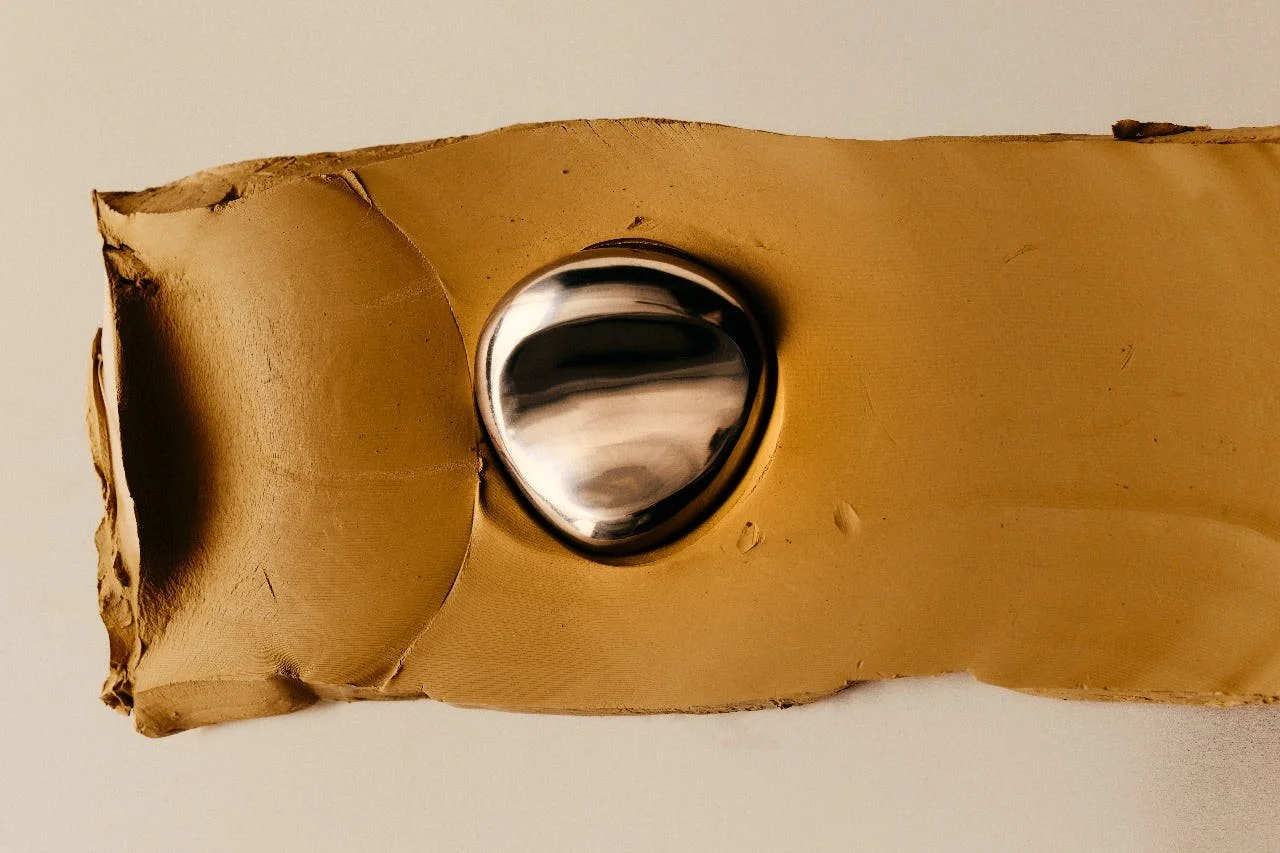Is creativity dying? AI killed the creative star (not yet).
The same way video once “killed” the radio star, AI is being blamed for killing creativity.
But maybe it’s just forcing us to rethink what creativity really means.
AI is everywhere, and everyone’s shouting about it. It’s been here for some years, and it’s not slowing down, every day there’s a new app, then another one, even “better” or completely useless but somehow viral, leaving you wondering: what do I even need that for?
In between all this noise, I’m more interested in what it means for creativity.
This isn’t another panic piece about technology, and it’s not trying to summarise everything AI means for creativity, the subject is far too broad and complex for that.
It’s a reflection through the lens of creativity in branding, storytelling, design and commercial work, where AI isn’t only a new tool but, for some, an unexpected rival.
The AI panic is real, and that’s ok
There’s been panic for the past two years among creatives, and it’s understandable. Every major shift in history starts with fear of replacement. We’ve seen it before with photography, computers, and the internet, what’s different now is speed and scale.
AI is changing everything, not just creativity, but the way we build, think, communicate and make decisions, and yes, that’s uncomfortable, change always is. But it’s also interesting in the best way, we’re witnessing a time when the tools in our hands are more powerful than anything previous generations could dream of.
We’re building alongside machines that can think, code, draw, and imagine beyond what we can imagine. This is a defining moment for everyone, but especially for founders, you can build faster than ever, but you also risk losing depth along the way (more on that later).
For creatives, it’s an invitation to redefine what we do, not by resisting the tools or trying to master them all (an impossible task), but by elevating what only humans can bring to the table.
Let’s give AI the credit it deserves
AI is impressive, it can design, write, generate, and simulate taste. It saves time and reshapes how we work. It’s not just a creative tool; it’s a global shift touching every part of business and culture.
But even with all its brilliance, AI doesn’t know what’s good, it only knows what’s common. These systems draw from the same data, the same styles, the same logic, the outputs can be beautiful, but often familiar, not necessarily meaningful.
AI changes the speed of creation, but it still misses the soul of it, that part still belongs to humans who know how to steer it.
The gap between intelligence and intuition
AI can help you build faster, it can build prettier, it can even sound smarter. But it doesn’t know why your brand exists, it doesn’t know what your audience needs to feel, it doesn’t know how to make people trust you, relate to you, or choose you.
Great brands are built on human truth, on empathy, intuition, stories, and a sense of timing that comes from living in culture. AI can mirror patterns of communication and automate complexity, but it can’t replace the instinct that makes a brand mean something.
That’s why founders still need creatives, not to produce more, but to make sure what’s produced actually matters.
Creatives were never just executors
The idea that creatives only execute is a corporate illusion born from how the system values labour. Designers, photographers, film makers, writers, and art directors have always been thinkers who also translate culture, emotion, and taste into something people can feel.
AI is finally making space for that truth, when machines take over execution, what’s left is why something should exist, how it should make people feel, and what story it tells, the very things creatives have always done best.
Grant McCracken, a cultural anthropologist who has spent decades studying how culture shapes business, once wrote that “designers are invaluable to corporations because they create and interpret culture, something most corporate leaders are clueless about.”
And this couldn’t be more relevant now, AI doesn’t interpret culture, it doesn’t understand context, nuance, or why something resonates. That’s what creatives do, we give culture a voice and direction, maybe this is the moment to reclaim that role.
Founders, efficiency isn’t a strategy
AI won’t make you creative, and we’re still figuring out if it truly makes you more efficient. You can ask ChatGPT for a brand strategy or Midjourney for a visual system, and with a bit of prompt skill you’ll get something polished, but without a creative mind to interpret, edit, and connect the dots, it will lack identity and soul.
Humans give meaning to data, creatives make sure your brand still feels human in a world of perfect algorithms. So don’t ask if you can replace creatives with AI, ask what your brand would lose if you did.
Creativity was never about the tools
In the world of creativity, AI will keep getting better at making things, our job is to keep getting better at making them matter.
Because creativity was never about the tools, it’s about the experience, the stories, the not common, and the emotion in those unexpected yet familiar moments that connect us.
Even OpenAI, the company shaping the future of artificial intelligence, shot its latest campaign on 35mm film, real cameras, real light, real people. If the pioneers of AI are reminding us that stories still need texture, imperfection, and human feeling, then creativity isn’t dying, it’s just remembering what it was always meant to be.






